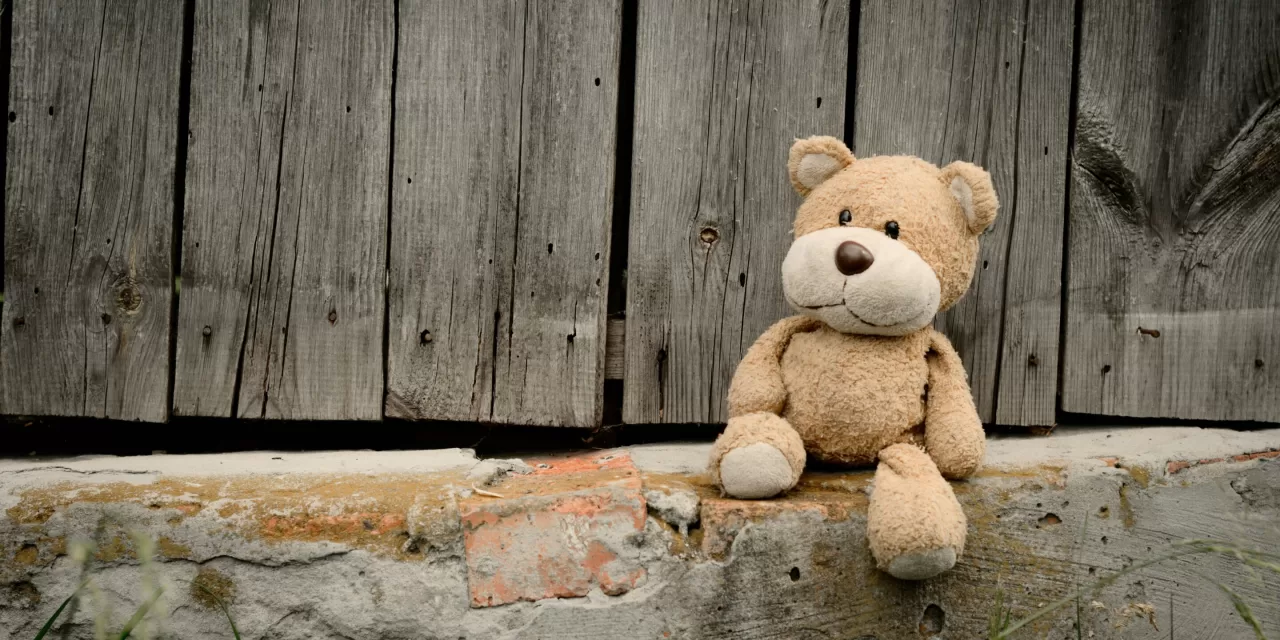New Delhi, April 16, 2025: In a significant move to curb the heinous crime of newborn trafficking, the Supreme Court of India has issued stringent new guidelines, mandating the immediate suspension of a hospital’s operating license if an incident of newborn trafficking is found to have occurred on its premises.
The bench, comprising Justices JB Pardiwala and R Mahadevan, underscored the critical need for strict adherence to these directives by state authorities. They issued a stern warning that any failure to comply would be treated seriously, potentially amounting to contempt of court.
The Court’s action comes amidst heightened concerns over the handling of child trafficking cases, specifically referencing recent instances where bail was granted by the Allahabad High Court in such matters. Expressing grave disapproval, the Supreme Court revoked these bail orders.
Furthermore, the apex court has directed all High Courts across the country to compile data regarding pending trials related to child trafficking within their respective jurisdictions. Simultaneously, trial courts have been instructed to prioritize these cases and expedite proceedings, setting a target for completion within six months.
Highlighting the devastating emotional impact of such crimes, the Court described the loss of a child to trafficking as an agony potentially “worse than death” for parents, urging heightened vigilance from families and society at large.
In addition to the specific directives, the Supreme Court also urged state governments to actively implement the recommendations outlined in a human trafficking report previously prepared by the Bharatiya Institute of Research and Development.
This comprehensive set of measures signals the Supreme Court’s firm resolve to tackle newborn trafficking head-on, placing direct responsibility on medical institutions and pushing for faster justice in related cases.
Disclaimer: This news article is based on the information provided. It is intended for informational purposes only and does not constitute legal advice. Further details or context regarding the Supreme Court’s ruling may emerge.












